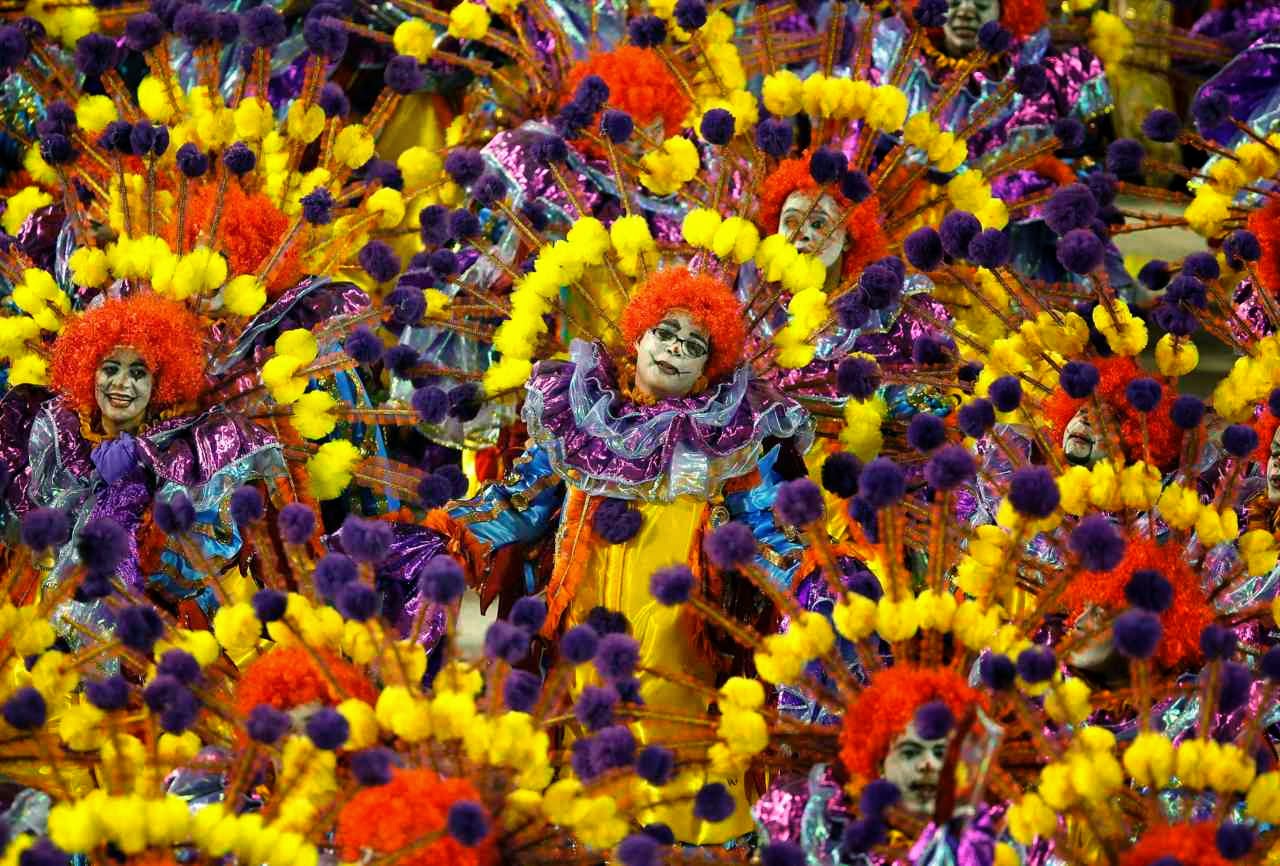Brahms's Lullaby, Wiegenlied in German.
Demo in Eb major
Piano accompaniment in Eb major
Piano accompaniment in F major
Watch my old video by clicking the link: http://youtu.be/q4Krv48cWnE
Lyrics translation: Good evening, good night, with roses adorned, with carnations covered. Slip under the covers. Tomorrow morning, if God wills, you will wake once again.
Good evening, good night. By angels watched, who show you in your dream the Christ-child's tree. Sleep now peacefully and sweetly, see the paradise in your dream.
Cradle Song is the common name for a number of children's lullabies with similar lyrics, the original of which was Brahms's Wiegenlied. Op. 49, No. 4, published in 1868 and widely known as Brahms's Lullaby. It's first sung by his friend, Bertha Faber, as the piece had been written to celebrate the birth of her son. Brahms had been in love with her in her youth and constructed the melody of the Wiegenlied to suggest, as a hidden countermelody, a song she used to sing to him.
勃拉姆斯的这首常用于小提琴独奏的《摇篮曲》,原是一首通俗歌曲,作于1868年。相传是为祝贺法柏夫人次子的出生,他作了这首平易可亲、感情真挚的摇篮曲送给她。法柏夫人是维也纳著名的歌唱家,1859年勃拉姆斯在汉堡时,曾听过她演唱的一首鲍曼的圆舞曲,当时勃拉姆斯深深地被她优美的歌声所感动,后来就利用那首圆舞曲的曲调,加以切分音的变化,作为这首《摇篮曲》的伴奏,仿佛是母亲在轻拍着宝宝入睡。
歌词大意:安睡吧!小宝贝,丁香, 红玫瑰在轻轻爬上床陪你入梦乡。愿上帝保护你,一直睡到天明。安睡吧!小宝贝,天使在保佑你,在梦中出现了美丽的圣诞树,你静静地安睡吧,愿你梦见天堂。








